QuestionI have a 4 month old husky and she weights about 24 pounds. She doesn't seem to be overweight and everytime we put food down for her (1 cup in the morning, afternoon and evening) she eats it all in under 15 seconds. I don't know how to get her to eat slower. Which brings me to my real question. I see a lot of puppy foods some read just puppy and some read for large breed puppy. Is there any benefit over one to another as to which I should be feeding her?
AnswerIt depends on the ingredients and the dog itself. A four month old at 24 lbs. sounds healthy, and if she is gaining weight and stools are consistent and firm, you are probably not over or under feeding much. Realize that Sibes usually need increasing amounts of food until they are about 6 or 7 months old, then slowly decreasing amounts until they are about 12-16 months where it should even out. As for amounts - it completely depends on the type of food.
I feed my dogs a "performance puppy" blend which is actually for small to mid-size "active" dogs - they are both 4 years old now. The food is high protein, decently high in fat, and packed with energy. They do well eating about one cup of food per day with the larger male getting about 1 1/3 to 1 1/2 cups per day, slightly more than the smaller female. Most of the time the difference is kibble size, and larger breed dogs often need lower fat/protein to help protect growing too fast or overeating. They often have larger stomachs/appetites and want to eat more, but they don't need all the extra calories. Therefore, make the kibble a little bigger, tone down the fat and protein to make it slightly lower calorie, and then you can let the dog eat more and still not gain weight.
As for getting the dog to eat slower, you may want to try feeding the dog a little less more throughout the day. If possible, maybe divide feedings into three different times. The more frequent feedings should help. Also, keep in mind that dogs, especially smaller ones in the litter, often had to eat quick to get any food, and sometimes this carries on through adulthood. Shouldn't be any real concern, but may be an issue. Also, depending on the type of food, I don't think it would be that big of a deal for you to feed a little extra, and see how she does with it.
As for food - check for fat and protein contents to be high (20-30% range for each) and that the primary ingredients are meat based, not grain. Other than that, it's basically you and your dog's decision. Hope that helps and feel free to write back if you need some advice.

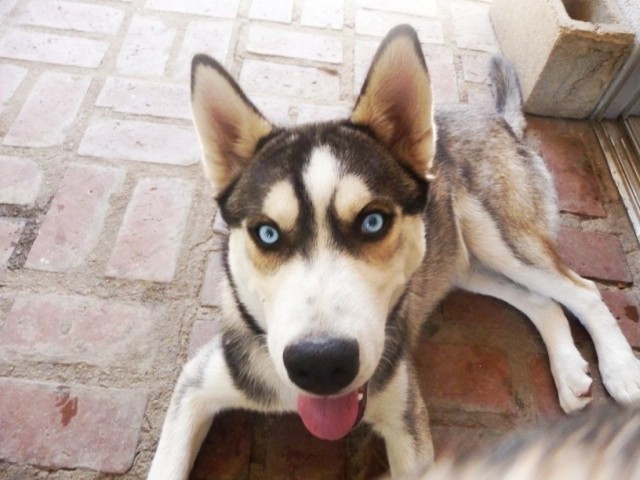 Husky Color
Question
Orion
Hi I have a beautiful 6 months old husky
Husky Color
Question
Orion
Hi I have a beautiful 6 months old husky
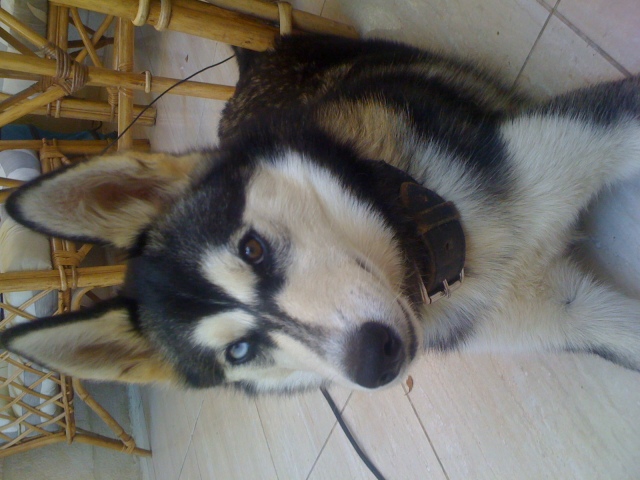 coming when called
QuestionQUESTION: hi, i have a female husky that is app
coming when called
QuestionQUESTION: hi, i have a female husky that is app
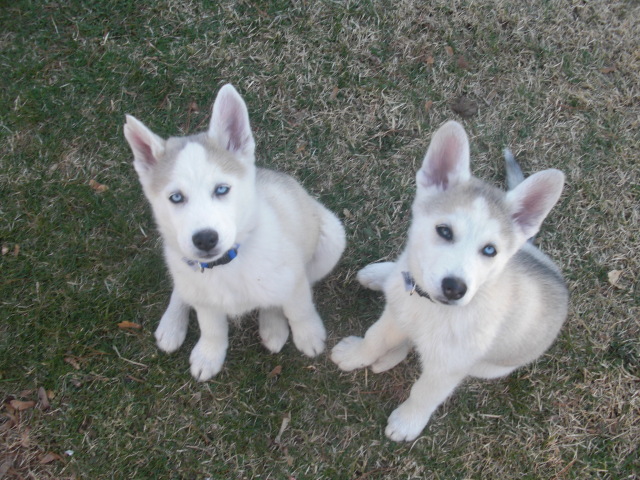 2 12 week old Husky brothers play/fighting
QuestionJasper & Sigmund
QUESTION: Two weeks
2 12 week old Husky brothers play/fighting
QuestionJasper & Sigmund
QUESTION: Two weeks
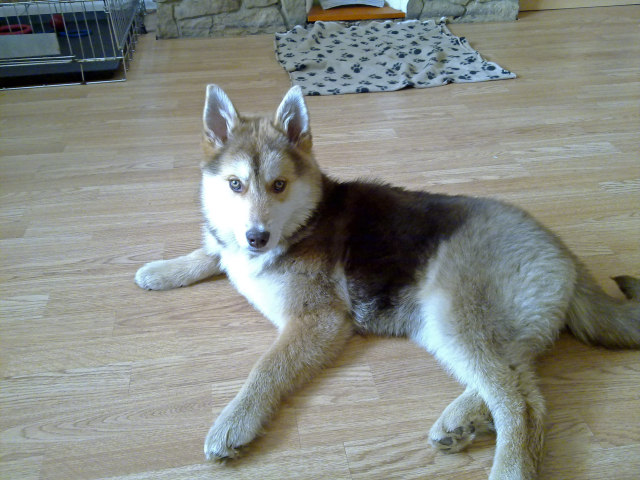 my husky colour
Question
mecca
hi i have recently got my husky mecca. s
my husky colour
Question
mecca
hi i have recently got my husky mecca. s
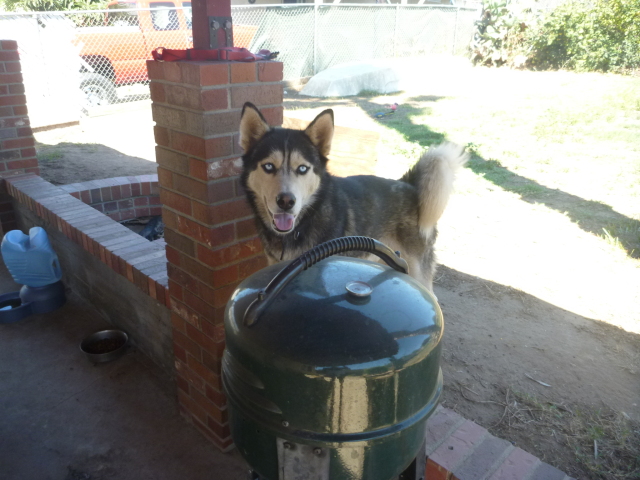 My husky and other dogs.
Question
Kona
My siberian husky, Kona, is 2years old an
My husky and other dogs.
Question
Kona
My siberian husky, Kona, is 2years old an